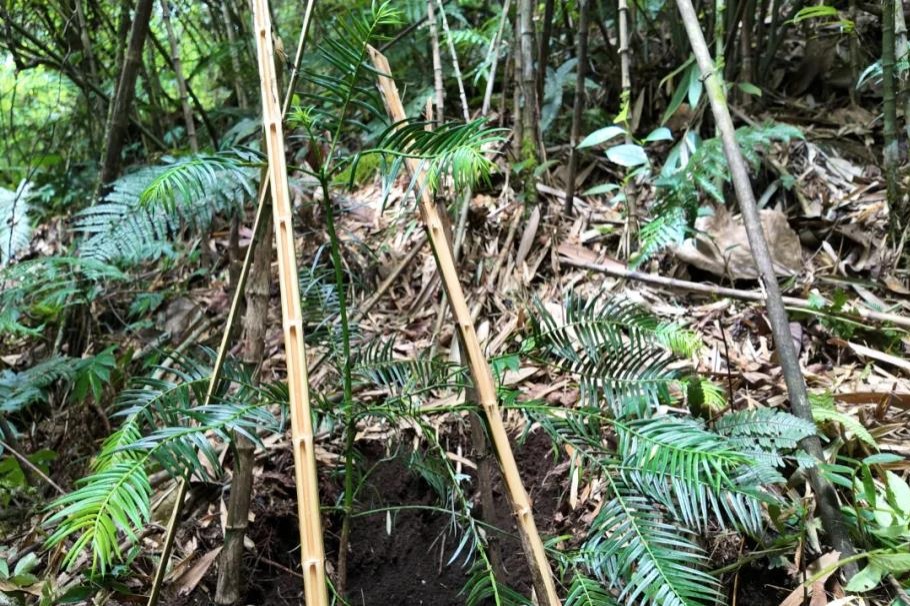Briefly

211 million railway trips in summer rush
China saw 211 million railway passenger trips between July 1 and Monday at the start of the summer travel rush, data from China State Railway Group showed on Tuesday. The figure was up 6.5 percent year-on-year, the company said. The demand for student travel during the summer vacation, tourism and family visits is strong, keeping railway passenger flow at a high level, according to the company.
Gene flow identified with Neanderthals
A collaborative team of scientists from China and the United States has found ample evidence for gene flow between modern humans and their prehistoric cousins, the Neanderthals. Researchers from Southeast University in Nanjing and Princeton University developed a method for estimating the presence of human sequences within the Neanderthal genome as a result of introgression, which they then applied to whole-genome sequence data from a diverse sample of 2,000 contemporary humans and the remains of three Neanderthals. The results showed that the Neanderthal genomes contained between 2.5 and 3.7 percent of genetic sequences originating from modern humans, according to the study published in the latest edition of the journal Science.
New plant species found in South China
Chinese researchers have discovered a new fern species in South China, and named it Cyrtomium adenotrichum. The researchers found around 10 wild Cyrtomium adenotrichum on a cliff in Nandan county, in the city of Hechi in the Guangxi Zhuang autonomous region, according to the Guangxi Institute of Chinese Medicine and Pharmaceutical Science. The findings, recently published in Phyto-Keys, an international journal of plant taxonomy, revealed that the new species belongs to the family Dryopteridaceae and the genus Cyrtomium, with a plant height ranging from 5 to 15 centimeters. Due to its rarity, small population and fragile habitat, the researchers classified the species as critically endangered based on the criteria set by the International Union for Conservation of Nature Red List of Threatened Species.
China sees continuous decline in hepatitis B
China has seen declining incidence rates of hepatitis B and related hepatocellular carcinoma (HCC), according to Chinese health authorities. China has achieved significant progress in increasing the rate of hepatitis B vaccination, containing new hepatitis B infections, and preventing and controlling HCC related to hepatitis B, the National Health Commission said. Data shows that China's three-dose hepatitis B vaccination rate among newborns has been maintained at over 95 percent and reached the 2030 goal set by the World Health Organization.
Xinhua
Today's Top News
- Unified national market a new growth launchpad
- US deal a structural challenge for Japan
- Industrial prowess of China a subject of serious study
- US new tariffs 'unfair': Experts
- NDRC recalibrating steps to drive growth, boost demand
- Wartime hero's legacy fortifies Sino-UK bond






























